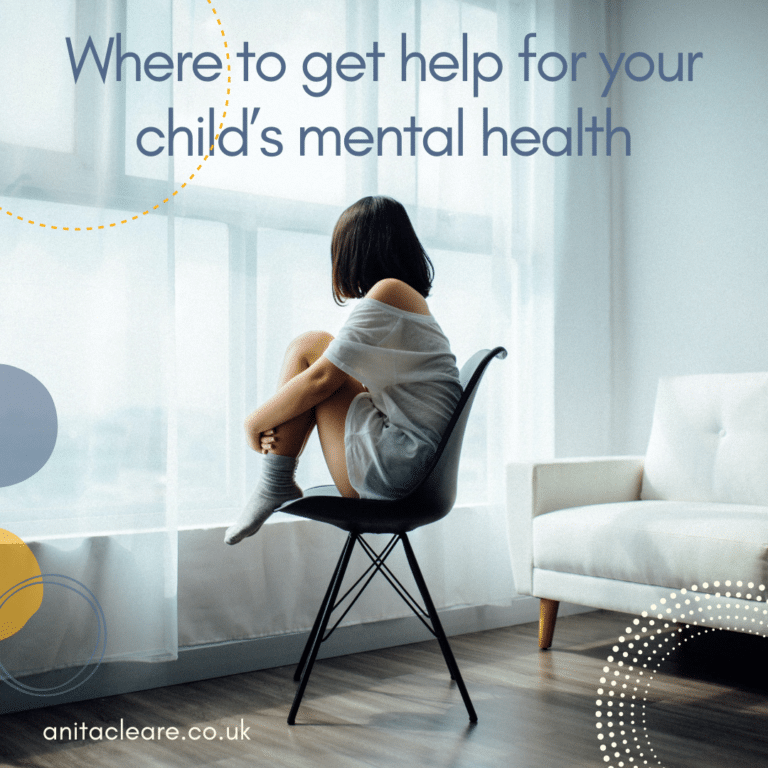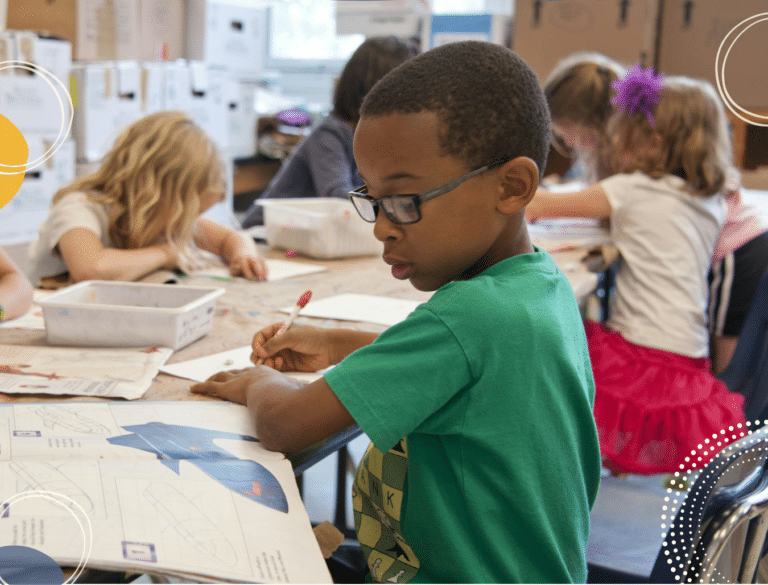Supporting children’s and teenagers’ mental health: resource list
Children and young people’s mental health is hardly out of the news these days but often parents are at a loss how best to help and support a child/teenager who is struggling. So, I have brought together all in one place this resource list of websites, apps, books and other sources of support for parents/carers of children and young people who are struggling with their mental health. I hope you find it useful.
General Advice
As a starting point, take a look at my posts on Talking to children about mental health, Building children’s self-esteem and Communicating with teenagers for some helpful general advice.
You might find this video on Finger Breathing a useful tool for helping younger children manage anxiety and overwhelm too.
Useful websites
Young Minds is a national charity supporting children and young people’s emotional and mental health. They provide information for young people and for parents, plus a telephone support line for parents.
NHS Every Mind Matters offers simple advice and signposting for family mental health issues.
On My Mind is a website aimed at empowering young people to make informed choices about their mental health. It includes a jargon buster, a guide to referrals and specialist services.
Nip in the Bud has some brilliant video resources to help parents spot the signs and symptoms of certain mental health disorders and where to go for help.
SelfHarmUK provides advice, information and online support specifically for young people who self harm.
National Bullying Helpline UK offers comprehensive advice on all aspects of bullying. There is advice on identifying bullying, supporting children, and working with schools to tackle it.
Books, Guides & Apps
NHS mental health self-help guides can be downloaded at www.ntw.nhs.uk/selfhelp. These are primarily aimed at adults but provide clear and simple strategies that will be useful for parents supporting teenagers too.
Calm Harm is an app developed for teenagers who are self-harming, using the basic principles of an evidence-based therapy called Dialectical Behavioural Therapy (DBT)
You will also find a useful list of apps delivering mindfulness and/or CBT (cognitive behavioural therapy) support in this review. Papyrus (Prevention of Young Suicide) also has a list here.
There are two books I especially recommend for parents of teens who are struggling with their mental health: Never Let Go* (by Suzanne Alderson) and Talking the Tough Stuff with Teens* (by Fiona Spargo-Mabbs). If your teen is experiencing anxiety or low mood, you will also find my book useful: How to Get Your Teenager Out of Their Bedroom*. *affiliate links
For younger children, you might want to check out these Books to help children with anxiety.
You will also find lots of resilience boosting ideas (for the whole family) on the Action for Happiness website.
Getting support
If you are concerned about your child’s mental health, talk to your GP. Your GP may make a referral for specialist support from CAMHS (child and adolescent mental health services) and should be able to signpost you to local sources of support.
Does your child suffer from ANXIETY? We offer specialised support for parents to help you learn how to support an anxious child/teenager and build their confidence. Details here.
SHOUT is a crisis messenger service where young people experiencing a mental health crisis can get urgent 24hr support by texting SHOUT to 85258 (UK only).
All children should know the contact details for Childline which offers free confidential 24-hour support for children and young people on any issue via phone, text or online chat.
Free, safe and anonymous online advice for young people is also available via Kooth and The Mix.
| Want more details on talking to teens about tricky topics? Watch our 10-minute video on Talking to teens about difficult topics. |
If I have missed anything out that you really want to share with other parents, please do comment below.







This site is great
Thank you!